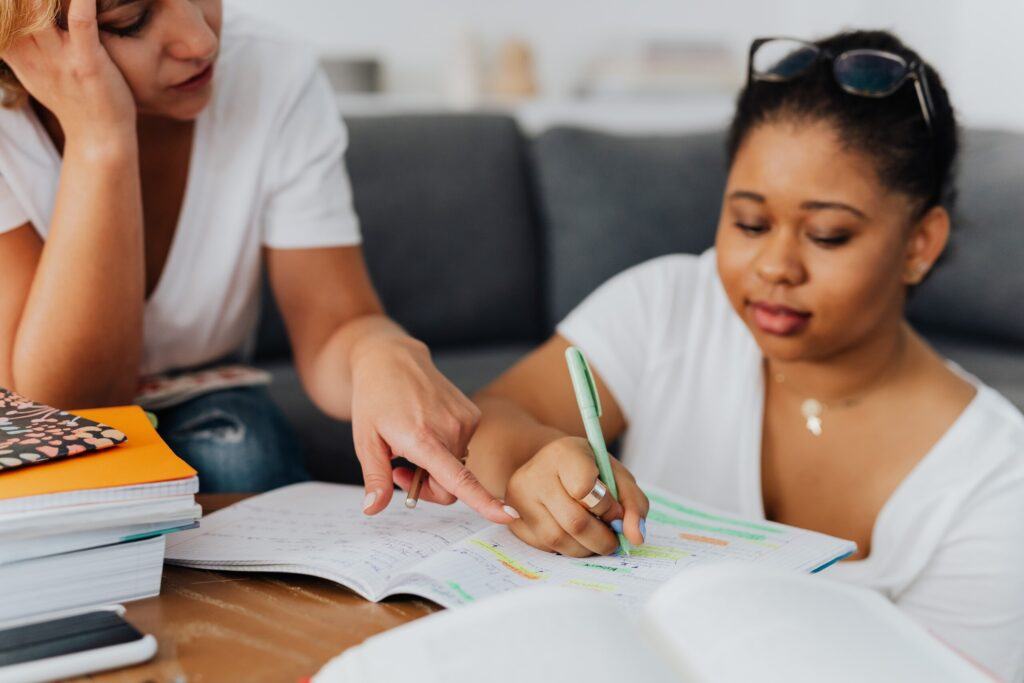Recognizing the Signs of Anxiety in a Child
- Category: Relationships
- May 22, 2022
Many people falsely believe that only adults can experience anxiety. In reality, anxiety does not discriminate when it comes to age, gender, background, or ethnicity. It can even affect children. It’s normal for children to experience anxiety every once in a while, for example, when beginning a new school year or trying out a new hobby. However, this anxiety can be quite extreme for some children and can impact their ability to keep up with school and other activities. It can even affect them physically, causing sleep and digestive issues. Thus, it is vital to be able to recognize the signs of anxiety in a child and know what steps to take to help them before the problem gets worse.
Recognizing the Symptoms of Anxiety in Children
Anxiety can affect each person differently and to different extents. Anxiety can be more complicated with children because they often don’t understand what they are experiencing and don’t know how to ask for help. When they are unable to articulate how they are feeling, their parents may not even recognize that there is a problem. However, there are some common signs to be on the lookout for. They include:
- Frequently complaining of stomach aches or headaches
- Bedwetting
- Not wanting to go to school
- Withdrawing from family and friends
- Sudden unexplained behavioral changes such as aggression, anger, and frequent crying
- Trouble focusing on a specific task
- Trouble sleeping through the night
- Frequent nightmares
- Low appetite
- Excessive worrying
- Excessive negative talk
- Inability to spend time away from parents
- Complaining of a thumping heart
Understanding What Factors Can Play Into Anxiety in Children
It can be hard to pinpoint a specific reason that a child may be struggling with anxiety. There was nothing a parent could have done to prevent their child from struggling with this disorder in many cases. Some of the more common factors that play into a child’s anxiety include:
- Family history (having a close family member who struggles with anxiety)
- Brain wiring
- Learned behavior (living with individuals who frequently worry and vocalize this worry)
- Experiencing a traumatic event (for example, the loss of a loved one, experiencing a natural disaster, or witnessing the violence of abuse)
Anxiety Disorders That Are Common Among Children
There are a variety of different types of anxiety disorders, and they may require different methods of treatment. A few of the anxiety disorders that are most common in children include:
#1. Separation anxiety: A child struggling with separation anxiety will find it to be extremely difficult to be apart from their parents/guardians. They may experience an intense and uncontrollable amount of stress during this separation. This can make it difficult or impossible for them to attend events like sleepovers at friends’ houses, summer camps, and even school. They may also struggle with an obsessive worry that something terrible will happen to their loved ones.
#2. Social anxiety: A child struggling with social anxiety will struggle with intense anxiety in social situations or in situations where there are a lot of people. They may have a fear of speaking to new people and could struggle with concerns of embarrassing themselves or being judged by others. This type of anxiety can hold them back from wanting to try out new things.
#3. Specific Phobia: Some children will struggle with intense phobias associated with specific things. Some examples include: thunderstorms, insects, getting sick, swimming, receiving a shot, or being around an animal.
How Parents Can Help a Child Struggling With Anxiety
If you suspect that your child is struggling with an anxiety disorder, the first step is to contact their pediatrician. They can help with providing a diagnosis and pointing you in the right direction for getting your child the proper treatment. For some children, therapy may be of assistance to them. For others, prescription medication may be necessary. In addition to helping your children with traditional treatment, there are some other things you can do on a regular basis to help them with their anxiety. Some examples include:
- Make sure that your child feels comfortable discussing how they’re feeling with you, and check in with them frequently.
- Help them learn how to express their anxiety in a way that works for them (for example, if they have trouble vocalizing it, try having them draw a picture of what their anxiety is like)
- Be aware of how you’re dealing with your own stress (while it is normal for a parent to experience stress, try to avoid discussing this stress with your child as they can internalize it as their own.
Anxiety doesn’t just affect adults; it can affect anyone regardless of age. Because children often don’t understand how to express how they are feeling, their parents may not even recognize that there is a problem. There are some common symptoms associated with anxiety in children to be on the lookout for. Some examples include bedwetting, fear of social situations, frequent complaints of stomach and headaches, and trouble sleeping. If you suspect your child is struggling with anxiety, be sure to contact their primary care provider, who can help guide you through treatment. As a parent, you can take additional steps to help your child by teaching them how to express their feelings and making it clear that you are there to support them. At Headlight we want to help you and those you love to achieve peak mental health. Call 800-930-0803 to learn more.



